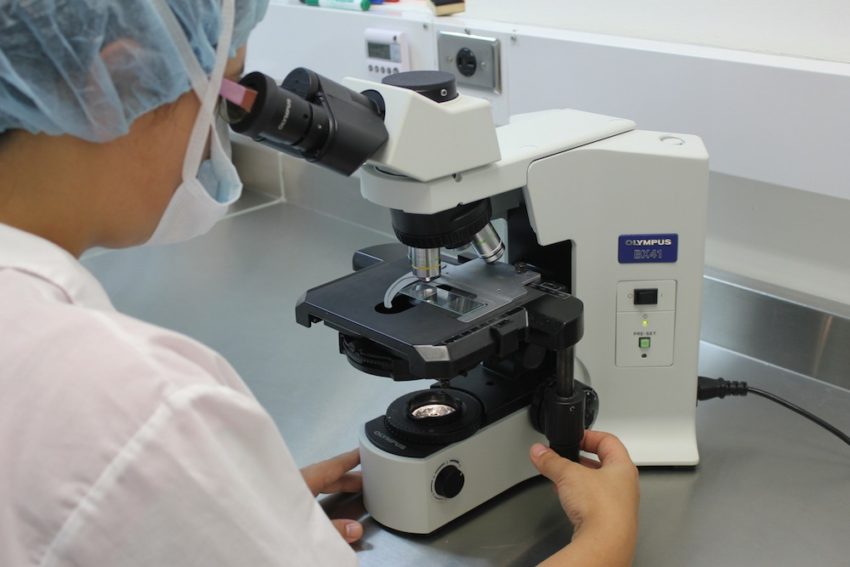
6 of the Toughest Quality Control Issues for Labs and How to Solve Them
Posted By admin / 9th Jan, 2018
Quality control is important in many businesses, but it becomes especially important in the life sciences industry where the tests many labs are performing could mean the discovery of life-saving treatments or impact the treatment outcomes for patients. There’s no room for error in these labs. When quality control measures are put in place, errors are eliminated before they occur and costs are reduced as well. Quality control has the added benefit of saving costs in your medical lab.
Quality control systems are truly the backbone of a well-run lab; in fact, developing good quality control systems can help ensure the sustainability of your lab. Here are six of the toughest quality control issues for labs and what you can do to solve them before they become a major problem for your lab.
Disorganization
Everything in the lab should be clearly organized with its own spot. Tools and samples need to be put back in their place so the next person working in the lab can easily find them. Proper organization is especially important for incubators and freezers. Everything should be clearly labeled. That goes for samples as well as solutions and other materials used in the lab.
Outdated Reagents
Outdated reagents can affect the results of experiments. As well as being labelled, it’s important that all reagents and other solutions are dated and the dates are checked regularly to make sure nothing has expired. Age and storage conditions for all reagents should be specified and accessible to all employees using the lab. The reagents manufactured at Lifecycle Biotechnologies are of the highest quality and are manufactured in our FDA registered facility.
Non-Compliance
Experiment protocols need to be followed to the letter and if they’re not, there should be clear documentation as to why the protocols weren’t followed. To maintain quality control, labs should have a procedure in place to ensure policy and procedure compliance by all employees.
Missing Maintenance
Lab instruments need to be cleaned and calibrated according to a regular schedule. The lab should also be cleaned and maintained on a regular basis. Documentation is a great way to ensure the lab and the instruments used in it are maintained on a regular basis. Unsecured Data Data can be manipulated easily if the results are entered in the wrong spreadsheet by accident. It’s important that each employee knows what they are working on and that they have their own login credentials and passwords to access data, so results are recorded accurately and in the correct place. Inadequate LoggingAppropriate methods for recording data should be established. Recording the data digitally or in a notebook that is bound is better than loose leaf paper that can easily get lost. Following current Good Documentation Practices is critical to ensure the integrity of your data.
Lifecycle recognizes the value of the work your lab is performing. To learn more about how we can help you increase the efficiency of your lab, contact us today.


